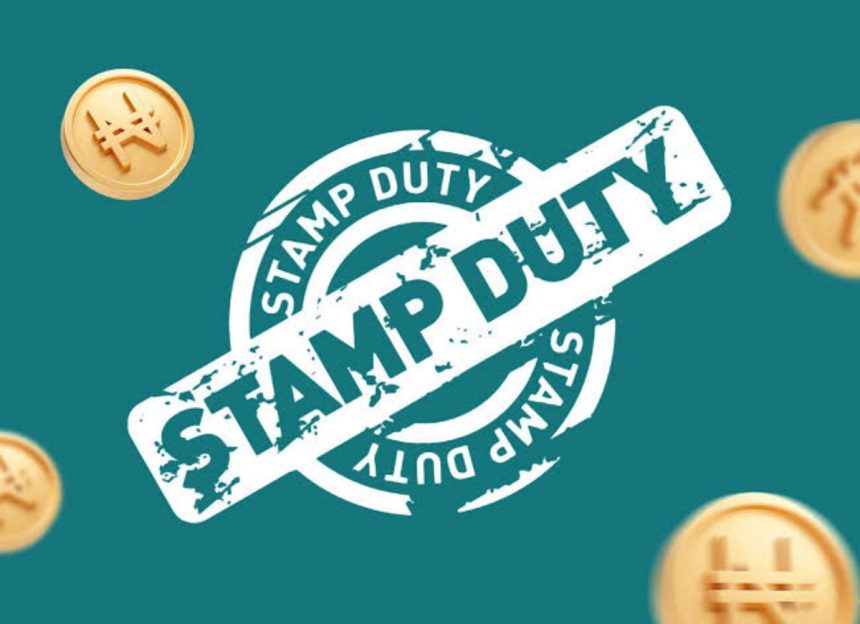In a recent development, the Nigerian Federal Government has issued a directive to all commercial banks to start deducting a stamp duty charge of 0.375% from the principal amount of all loans issued.
This move is part of the government’s broader strategy to widen the scope of transactions subject to stamp duty, extending it from regular bank transfers and international transactions to now include loan disbursements.
Previously, in January, banks were instructed to apply stamp duty retroactively to foreign transactions dating from January 2021 to December 2023, with a deadline set for January 31, 2024.
Prior to this, the electronic money transfer levy was imposed only on electronic deposits exceeding N10,000 or its equivalent.
Banks have begun notifying customers of this new charge through official communications. A typical message to customers reads:
Dear Valued Customer,
“We wish to inform you that, following a directive from the Federal Government of Nigeria, a stamp duty of 0.375% will be applied to every principal loan amount disbursed by our bank. This amount will be debited and remitted as required.
“Please note that the terms and conditions for all pre-existing approved loans remain unaffected. Our commitment to providing you with outstanding service continues unabated.”
“The Stamp Duty, as defined by the Federal Inland Revenue Service (FIRS), is an indirect tax legislated under the Stamp Duties Act (SDA), CAP S8 LFN 2004 (as amended). It is levied on the stamp or seal placed on a written or electronic document, which, upon execution, renders the document legally binding and admissible in a court of law.
“In a related disclosure, former Central Bank of Nigeria (CBN) Governor, Godwin Emefiele, reported that the government accrued N370.686 billion in stamp duty revenue over a six-year period from 2016 to 2022.
“This statement was made amidst claims by House of Representatives member Muhammed Kazaure, alleging the misappropriation of N89 trillion in stamp duty funds.
“Furthermore, the current Minister of Finance and Coordinating Minister of the Economy, Mr. Wale Edun, conveyed to the Senate his positive outlook on the government’s revenue generation strategies.
“He anticipates that the non-oil revenue, bolstered by the efforts of revenue-generating agencies, will surpass the N13 trillion mark achieved in 2023 by the end of 2024”





